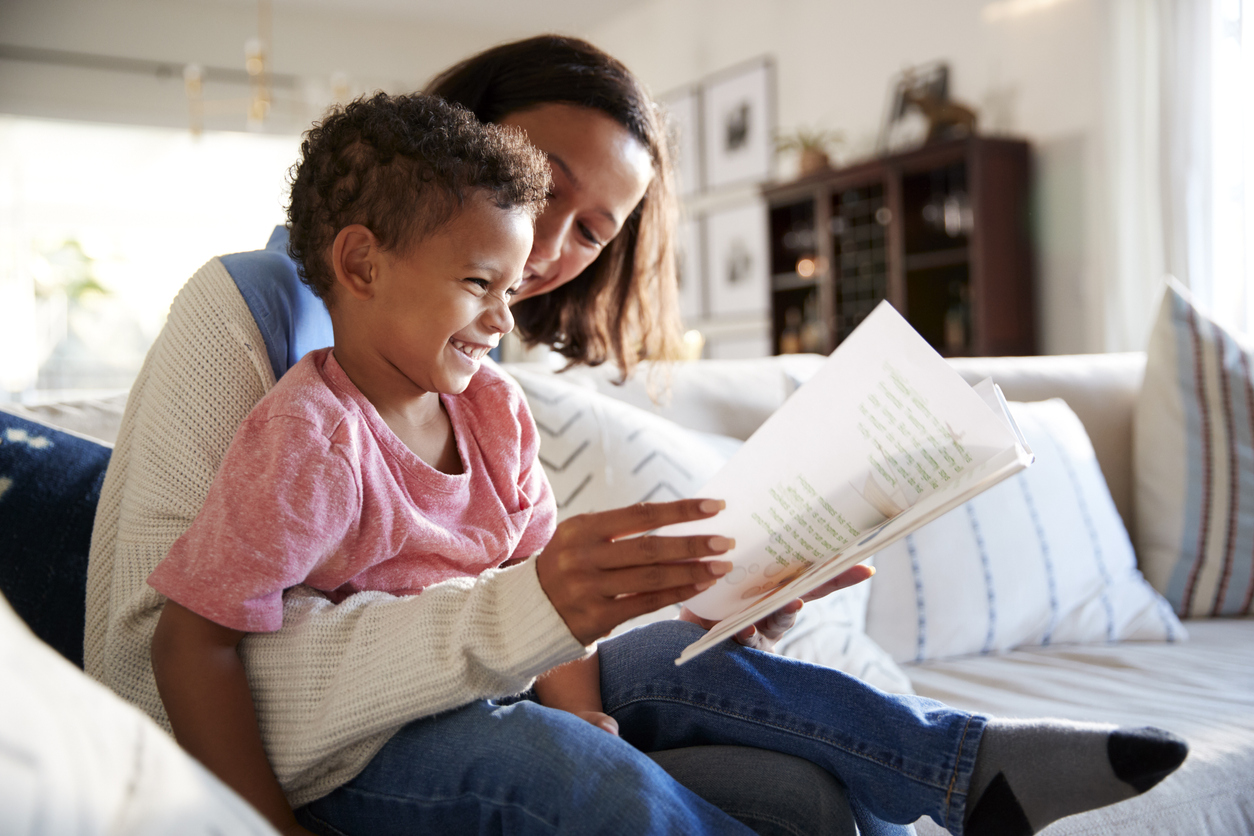Many children who come into foster care experience anxiety. From a scientific viewpoint, it makes sense. Anxiety is the body and mind’s way of warning someone about danger and preparing them to react.
In many instances, a child in foster care has experienced a lot. First, the situation that brought them into foster care in the first place may have involved witnessing or being a victim of violence, experiencing hunger or homelessness, or the loss of a loved one. Next, strangers removed them from their home and separated them from the people they were used to being around, often parents and siblings whom they loved. They may have been taken to a hospital or police station, spent time in a social worker’s office, stayed in a children’s shelter, or been through other foster homes before they arrived at your home. They probably had many questions about what would happen to them. They were probably given vague answers or told, truthfully, that there were no answers just yet. To your foster child, it may feel as if she is lost in a dark forest all the time.
 Here are eight ways you can help a foster child to cope with anxiety.
Here are eight ways you can help a foster child to cope with anxiety.
- Avoid telling the child that there is nothing to worry about. Their anxiety is real, and being told that “everything will be fine” is most likely meaningless to them. Instead, actively listen to them. When they explain what they are nervous about, say things like, “It is normal to be nervous about this,” or “Lots of kids feel this way.”
- Ask open-ended questions about how they are feeling. Try not to make guesses about what they might be anxious about. Doing so can add to their anxiety. For instance, saying, “Are you worried that your mother may go to jail?” can be detrimental, when the child was only feeling general anxiety and missing their parent.
- Walk them through scenarios that they are anxious about, even if the situations are unlikely to happen. If the child wonders, “What will happen if you forget to pick me up from school?” you can explain that she can go into the office and call you. If she wonders, “What if you get into a car accident on the way to pick me up?” you can reassure her that there is an emergency plan in place so that she will be safe.
- While you should prepare children for events in their lives, avoid preparing them too much, too soon. If they are going to have a visit from their social worker on Friday after school, telling them about it on Friday morning may be better than telling them about it days in advance.
- On the other hand, if a significant event such as a court date or a change of placement is going to happen, more preparation is better. Helping the child to visualize what will happen before, during and after the big event, and letting them know who will be supporting them throughout it, will help to ease their anxiety.
- Add joy to their lives whenever possible. Play games as a family, get out the bubbles or playdoh, go for walks to the park, joke around, and read silly stories. Happiness and laughter can help alleviate anxiety.
- Focus on teaching them positive coping skills, and building up their confidence that they can handle whatever happens, rather than on helping them to avoid the situation they’re anxious about. Some examples of kid-friendly coping skills: breathing techniques, using a stress ball or another sensory tool, muscle relaxation, smelling a calming scent, doodling or doing art work, using a calming app on a phone or tablet, or getting some physical exercise. Work with your foster child to figure out which coping strategies work for them. Help them to create small cards, each with a coping skill depicted on it, that they can keep on a book ring. When they begin feeling anxious, they can quickly choose a coping strategy to try. Encourage them to try multiple coping strategies until they notice that they are feeling better.
- Be a role model for them. Let them see you coping with something you are anxious about. You could say things like, “I’m feeling a little anxious about my appointment tomorrow. I’m going to do some crocheting to help myself relax.”
If you are a foster parent, there is a good chance that you will have to help a foster child cope with anxiety. Understanding their anxiety, knowing how to support them through it, and being able to teach them the skills to cope with it, can make a big difference for them long after they leave your home. TFI can help you with additional resources. Need more information? Contact us today for help.
